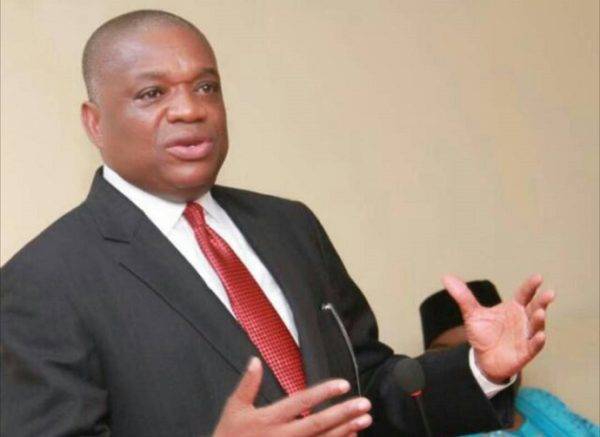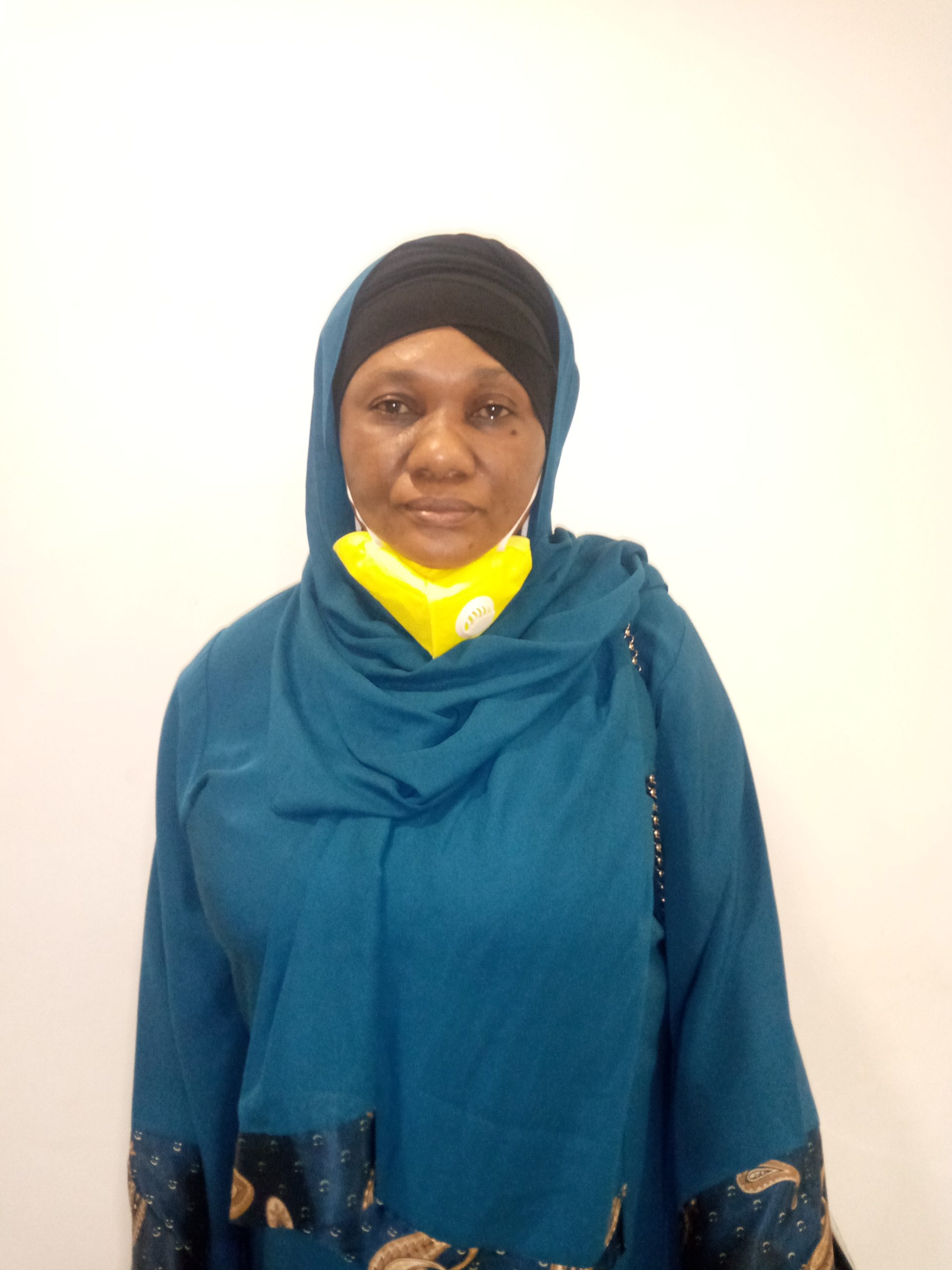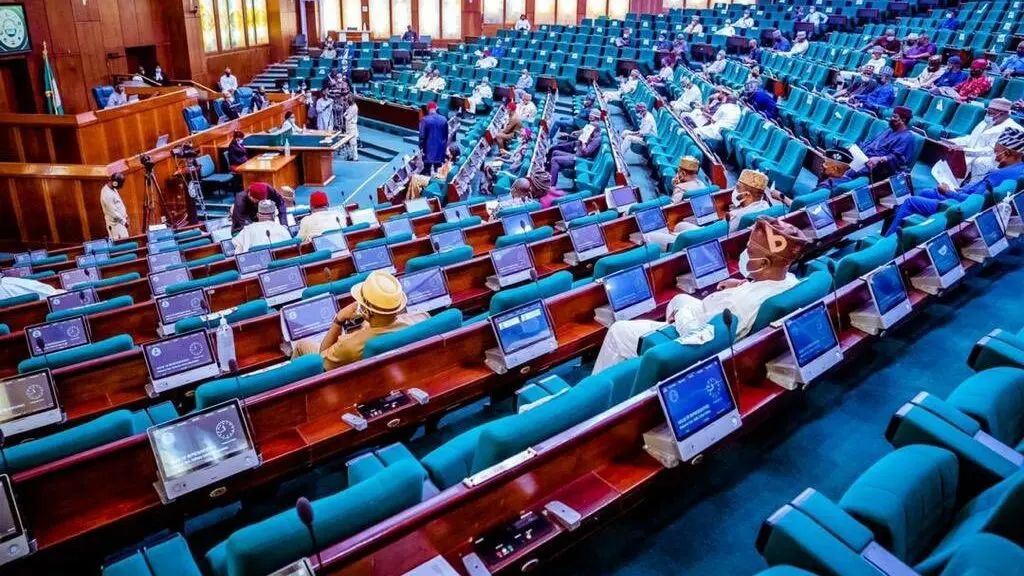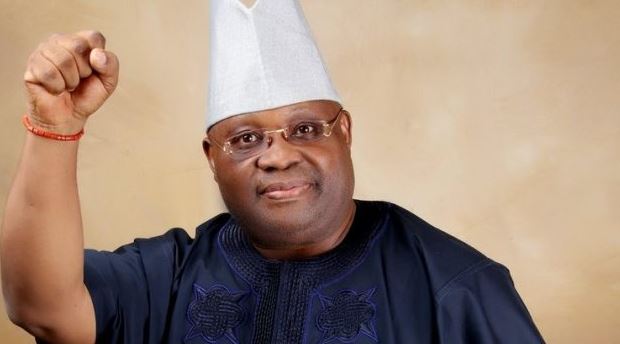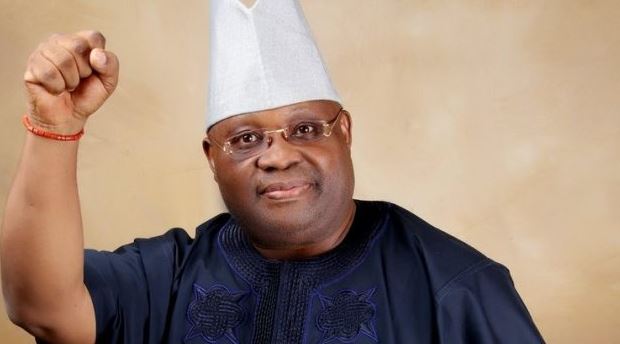Justice Inyang Ekwo of Federal High Court, Abuja, on Wednesday stopped the Federal Government and its agency, the Economic and Financial Crimes Commission (EFCC) or other agencies from retrying former governor of Abia State, Orji Uzor Kalu on same charge and offences relating to N1.7 billion fund allegedly laundered by him for which he had earlier been convicted .
The order came despite the order of the Supreme Court that quashed his earlier trial and conviction along that of the former Director of Finance Abia State government house Jones Udeogu .
Senator Orji Kalu who represents Abia North Senatorial district in the Senate had while serving a ten years jail team benefited from the apex court’s order which nullified his trial, although he was not a party to the appeal that brought about the order. The appeal was filed by Jones Udeogu.
Senator Kalu had approached the Federal High Court with a suit seeking to stop his retrial over same money laundering charge for which he had been convicted and served five month in jail before the Supreme Court nullified the trial on the ground that the trial court judge had no jurisdiction.
Delivering judgment on the suit filed by Kalu challenging the attempt by Economic and Financial Crimes Commission (EFCC) ,to re arraign him in line with the order of the apex court, Justice Inyang Ekwo held that it would amount to double jeopardy if he faces the same trial again after he has been released from prison.
Justice Ekwo said that there was no extant order that directed for retrial of the former governor, saying the judgment of the Supreme Court for the retrial did not mention Kalu but the appellant a former Director of Finance Government House , Jones Udeogu who was convicted along with Kalu for same offence.
The judge agreed with Kalu counsel Prof. Awa Kalu (SAN), that section 36 (9) of the 1999 constitution, was very clear and added that no Nigerian shall be subjected to double jeopardy.
Justice Ekwo however allowed the retrial of Jones Udeogu as specifically directed by the Supreme Court and fixed January 11,12 and 13, 2022 for commencement of trial.
Earlier during the hearing , Kalu’s lawyer Prof.Kalu while adopting his processes noted that Kalu who was put on trial for 12 years , got convicted and was jailed for 10 years.
Awa Kalu insisted that the former governor having served a period of his jail term would be subjected to double jeopardy if allowed by the court to be put on trial for the second time.
He produced and read the Supreme Court judgment upon which the ex-governor was released after five months in prison, adding that there was nowhere in the judgment the apex court made order for his client’s retrial.
But the prosecution counsel Rotimi Jacobs (SAN) had asked the court to dismiss the suit because the trial and conviction of Kalu has been declared a nullity as if it has not existed. He had argued that the order of retrial was in compliance with the order of the apex court.
The anti-graft agency had argued that since the Supreme Court order benefitted Kalu, he must bear the burden that arose from the apex court verdict.
Jacobs described Kalu’s suit as approbating and reprobating at the same time, frivolous and irritating and called for its dismissal with an order that Kalu should face retrial.
Oluwaleke Atolagbe , the representative of the prosecution during the judgment told newsman that his client will study the judgment with a view to challenging it at the Court of Appeal.
EFCC had, in 2007, preferred a 36-count charge against Udeogu and Kalu. While the former governor bagged 12 years imprisonment in December 2019, Udeogu was sentenced to 10 years in prison on December 5, 2019.
However, the Supreme Court, on May 8, 2020, voided the trial after an appeal filed by Kalu’s co-defendant.
The Supreme Court nullified the trial on the grounds that Justice Mohammed Idris, the trial judge, had no jurisdiction to hear the matter after he was elevated to the Court of Appeal.
•






